
The Department of Culture and Sports of Ho Chi Minh City recently invited a number of singers to work, remind and discipline them about the use of sensitive costumes when performing and posting on online platforms such as TikTok and YouTube. Specifically, these singers wore clothes and sang songs in wartime settings that caused negative emotions for the audience and were heavily criticized. Previously, male singer Dam Vinh Hung publicly apologized to the audience when he was reminded by the authorities about the issue of costumes prepared for his personal show that were not suitable for the program, not suitable for Vietnamese cultural values, easily associated with sensitive issues, causing offense, creating bad public opinion.
Another recent incident that has caused outrage in the community involves Objoff Company Limited, headquartered in Thu Duc City (Ho Chi Minh City) - the organizer of the fashion show "New traditional" by designer TD. This unit was fined VND 85 million by the authorities and suspended from operation for 18 months for violating Decree No. 38/2021/ND-CP dated March 29, 2021 of the Government on regulations on administrative sanctions in the field of culture and advertising. The reason is that the show organized by the company did not strictly control, so the models wore modernized ao dai revealing skin, posing vulgarly and offensively.
Many opinions say that the offensive and controversial costumes of the artists in the above cases show an incorrect understanding of history, a lack of political awareness, a lack of cultural standards, and a negative impact on the reception of the community, especially the youth. On the other hand, these costumes also unintentionally hurt the feelings of the people and compatriots. In response to the community's strict response, these singers deleted the clips and pledged not to repeat similar offensive behaviors. However, the content of these clips has been spread and shared on social networks, so the consequences have not been completely prevented.
Artists will be fined if they wear costumes, makeup, or disguises that do not comply with regulations or arbitrarily change approved costumes.
Whether intentionally or unintentionally, the above examples partly show that the awareness of a number of performing artists is still limited, and they have violated the regulations on performing activities, and violated the Code of Conduct issued by the Ministry of Culture, Sports and Tourism. What is blameworthy is that these artists, because they are too busy following trends, are too concerned with innovation, attracting views and likes regardless of cultural and ethical criteria, ignoring the noble and core values of national culture, forgetting their social responsibilities. From another perspective, it also shows that the artistic quality as well as the organization of many current performing programs are still facing many shortcomings, requiring stronger measures from management agencies to ensure a healthy and civilized artistic environment.
Some people think that the artist’s costumes do not reflect the good or bad content of a performing arts program. This is a one-sided view and partly intentionally ignores the seriousness of the problem, justifying the violations of the artists. Because, for a fashion show, the costumes are the main content of the show. Ao dai, ao ba ba, conical hat, non quai thao, khan ran... are not just simple costumes but also symbolic images of the traditional culture of the nation, associated with the image of loyal and responsible Vietnamese women.
No matter how innovative or stylized the designs are, if they do not preserve the spirit of national culture but deliberately expose offensive flesh, they will be unacceptable. As for music programs, although the main content is music, the artists' costumes have never been taken lightly. Decree No. 144/2020/ND-CP dated December 14, 2020 of the Government regulating performing arts activities, Article 3 of the prohibitions in performing arts activities clearly states: "Using costumes, words, sounds, images, movements, means of expression, forms of performance, and behaviors that are contrary to national traditions and customs, negatively impacting morality, public health, and social psychology".
Artists will be fined if they wear costumes, makeup, or disguises that are not in accordance with regulations or arbitrarily change approved costumes. Decree No. 38/2021/ND-CP dated March 29, 2021 of the Government on administrative sanctions for violations in the field of culture and advertising in Section b, Clause 5, Article 11 clearly stipulates that a fine of VND 25 million to VND 30 million will be imposed for one of the following acts: Performing arts, competitions, and festivals with content that incites violence; negatively affecting foreign relations; using costumes, words, sounds, images, movements, means of expression, and forms of performance that are contrary to national traditions and customs; negatively affecting morality, public health, and social psychology; infringing upon the legitimate rights and interests of organizations and individuals. In addition, the performance organizer may be subject to an additional penalty of suspension of operations from 12 to 18 months depending on the severity.
In cases where it is not a live performance, but is posted on the radio, television and online environment, Decree No. 144/2020/ND-CP, Clause 4, Article 8 clearly states that “the person posting and broadcasting is responsible”. Thus, it can be said that anyone participating in performance activities and posting their products on the internet will of course be subject to regulations in the field of information and communication and related regulations.
Despite such strict legal regulations, the question is why violations related to regulations on performing arts have been increasing recently? Current penalties are too light, not enough of a deterrent? In addition to fines, should there be an additional form of punishment of a ban on performing that should be longer than the current regulations? We all see that performing arts activities are increasingly spreading across many different spaces, both in real life and in cyberspace, with direct and indirect forms of performance...
Therefore, from a management perspective, detecting violations and reminding, correcting, and punishing are necessary, but not enough. Because with behaviors and phenomena that show signs of violating the law on performing arts that are popular on cyberspace, if not handled early, quickly, and promptly, their impacts on society are unpredictable. There have been cases where artists are willing to accept punishment to spread products on social networks in order to achieve the goal of attracting views and likes. It is also possible that there are subjects who, in the name of artists, post content that distorts history, and propagates false information about national culture through products posted on social networks, causing public insecurity. The problem is to strengthen the monitoring capacity of authorities and cultural management units. It is necessary to realize that early detection of violations will limit negative consequences in social emotions, especially among young people.
Of course, no matter how active the cultural management agency is, it is difficult to control all content that violates the regulations on performing arts, especially on social networking platforms. Solving this problem requires the participation of the entire community. Each citizen participating in social networks can detect and report content that is not or is not appropriate, helping the authorities have a quick and timely source of information to handle according to regulations. To do so, it is necessary to strengthen propaganda and legal education for the people. How to make people understand the legal regulations related to performing forms, thereby quickly identifying inappropriate content, promptly reporting to the authorities, and warning cross-border service providers.
In reality, the voices of social network participants, through comments under posted content or direct reports to service providers, can create strong waves of agreement or opposition, helping managers identify, evaluate, and handle problems more promptly.
An important content that cannot be ignored as an effective solution to limit violations of regulations on performing arts is to raise awareness of individual artists and performance organizers. The issue of artist responsibility is once again emphasized here. Artists need to clearly understand their mission and their influence on the public. The culture of an artist is expressed in the products and ways of conveying them to the public, from costumes, speech, behavior, and content of expression. Creating new and strange things must be based on understanding the culture and history of one's nation, not allowing the degradation of the beautiful values that our ancestors have built for generations. Not only artists, but also organizers need to clearly understand the legal regulations when implementing art programs.
Compliance with the code of conduct is to ensure the success of a program, is also a shield to protect artists from public opinion, and at the same time contributes to building and preserving cultural values and social ethics. Nowhere and no place, vulgar and uncultured expressions of artists can be accepted by the audience and the people.
Source



![[Photo] Overcoming all difficulties, speeding up construction progress of Hoa Binh Hydropower Plant Expansion Project](https://vstatic.vietnam.vn/vietnam/resource/IMAGE/2025/4/12/bff04b551e98484c84d74c8faa3526e0)



![[Photo] Closing of the 11th Conference of the 13th Central Committee of the Communist Party of Vietnam](https://vstatic.vietnam.vn/vietnam/resource/IMAGE/2025/4/12/114b57fe6e9b4814a5ddfacf6dfe5b7f)
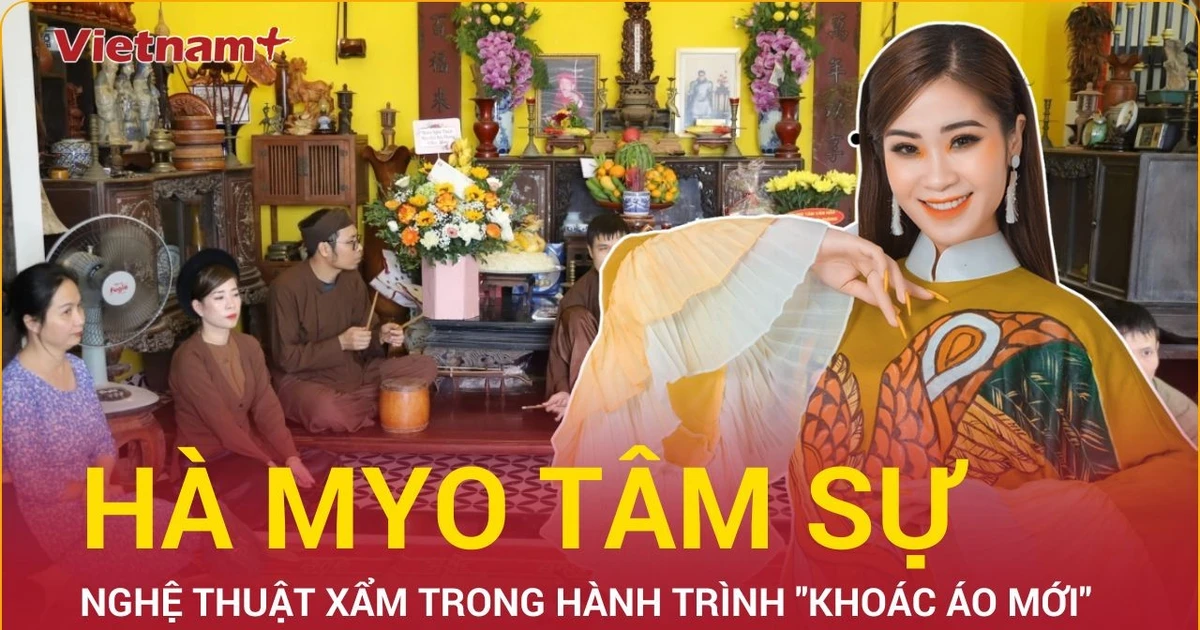

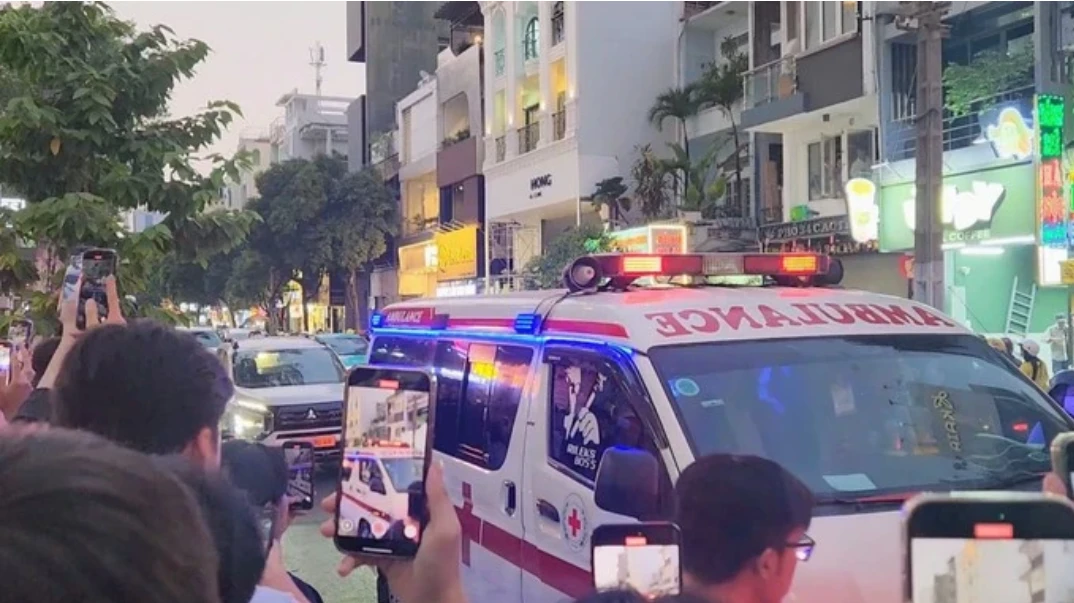


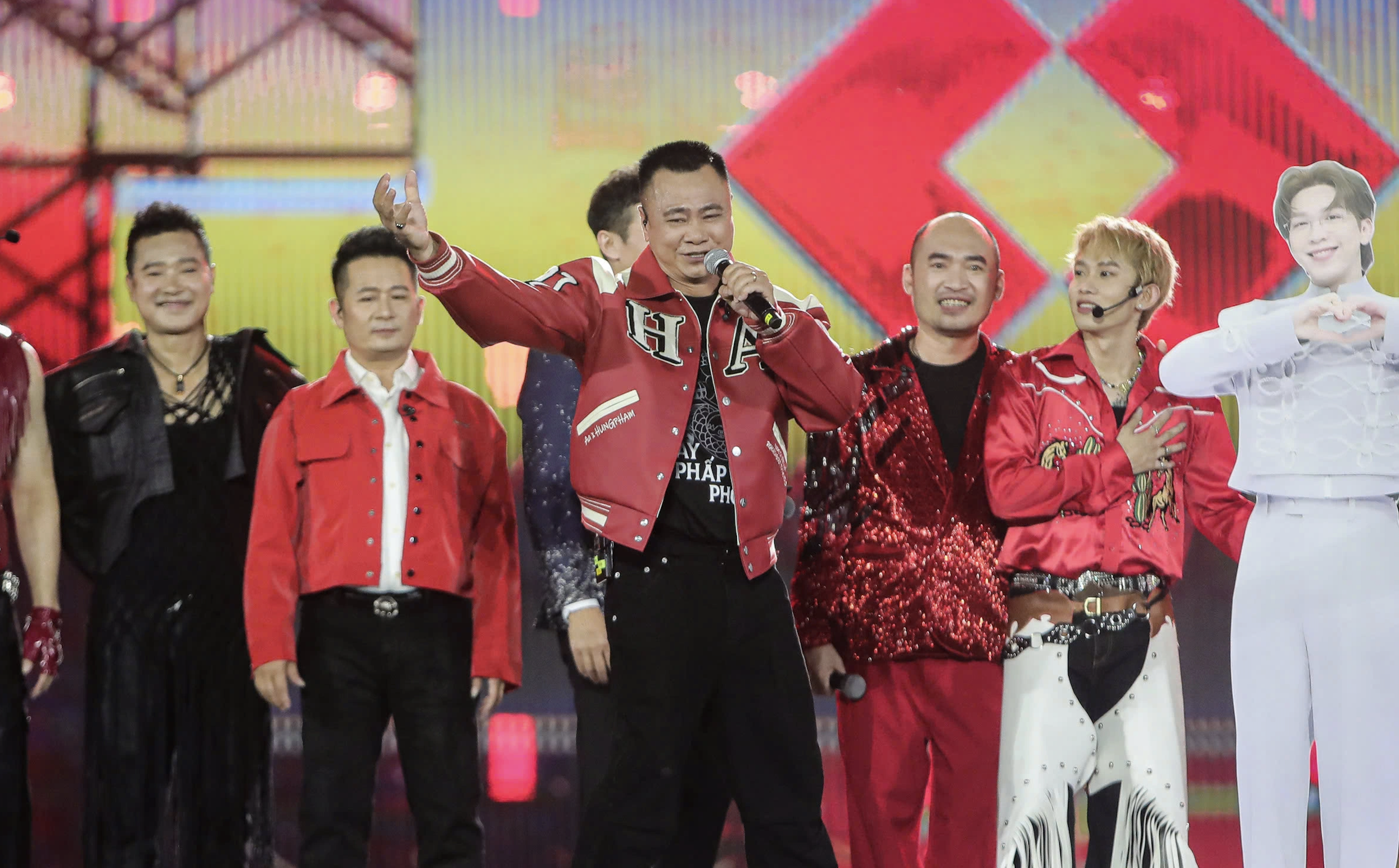

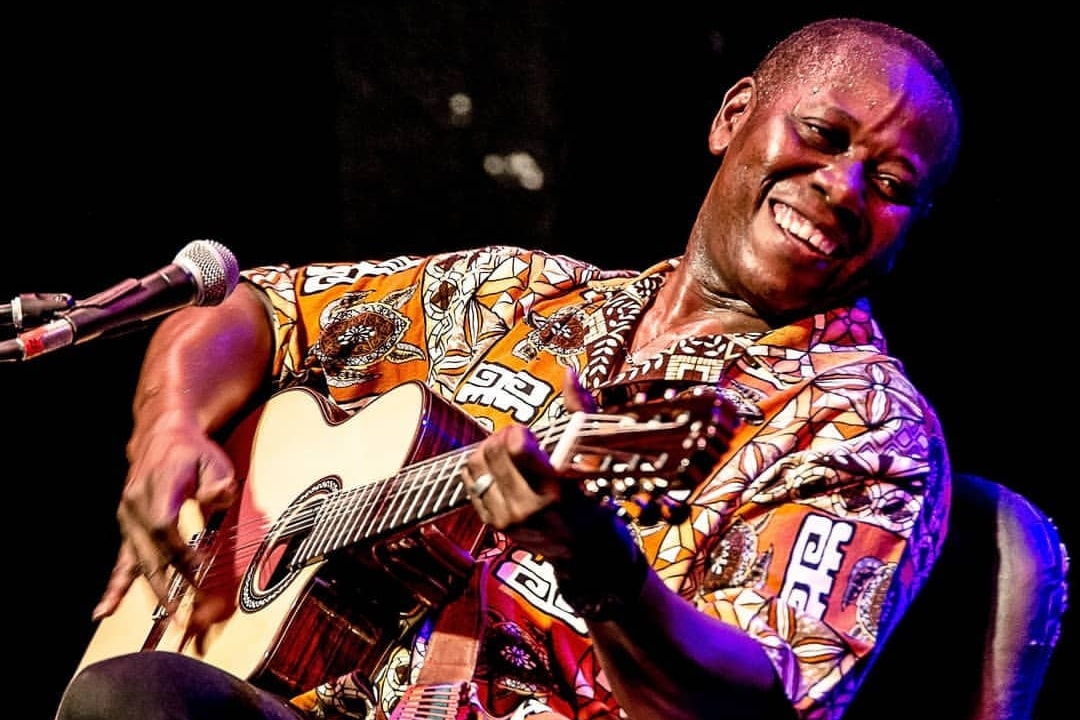
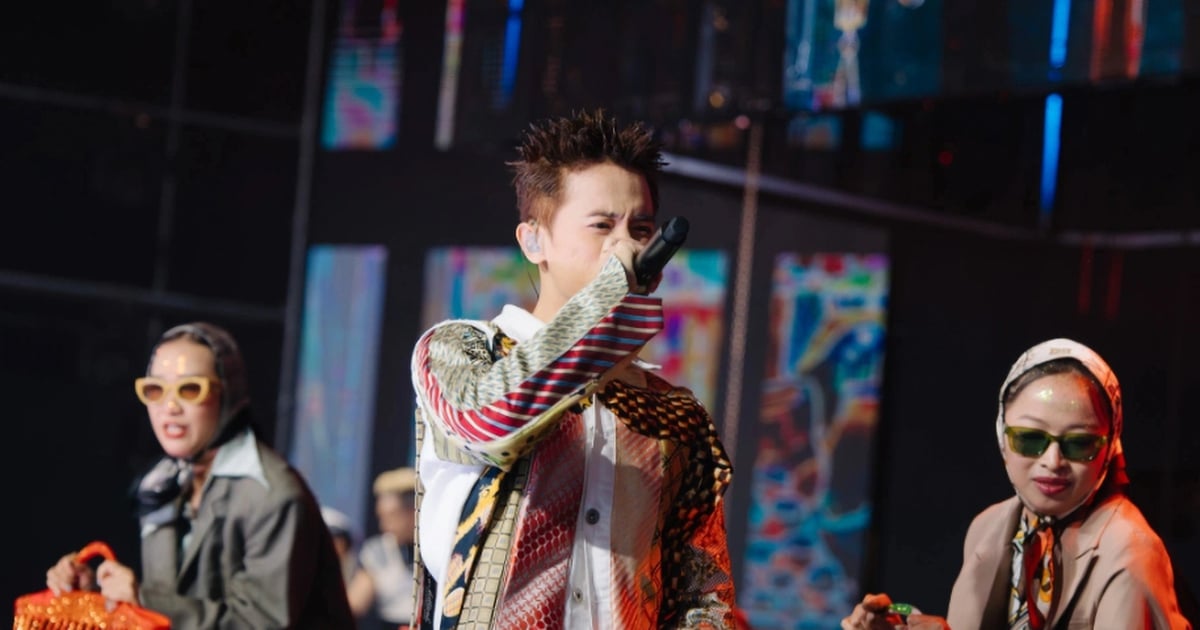


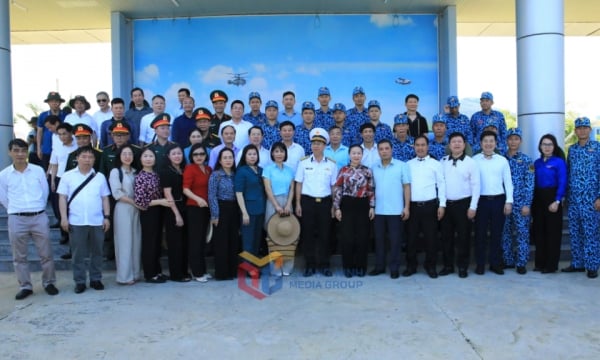
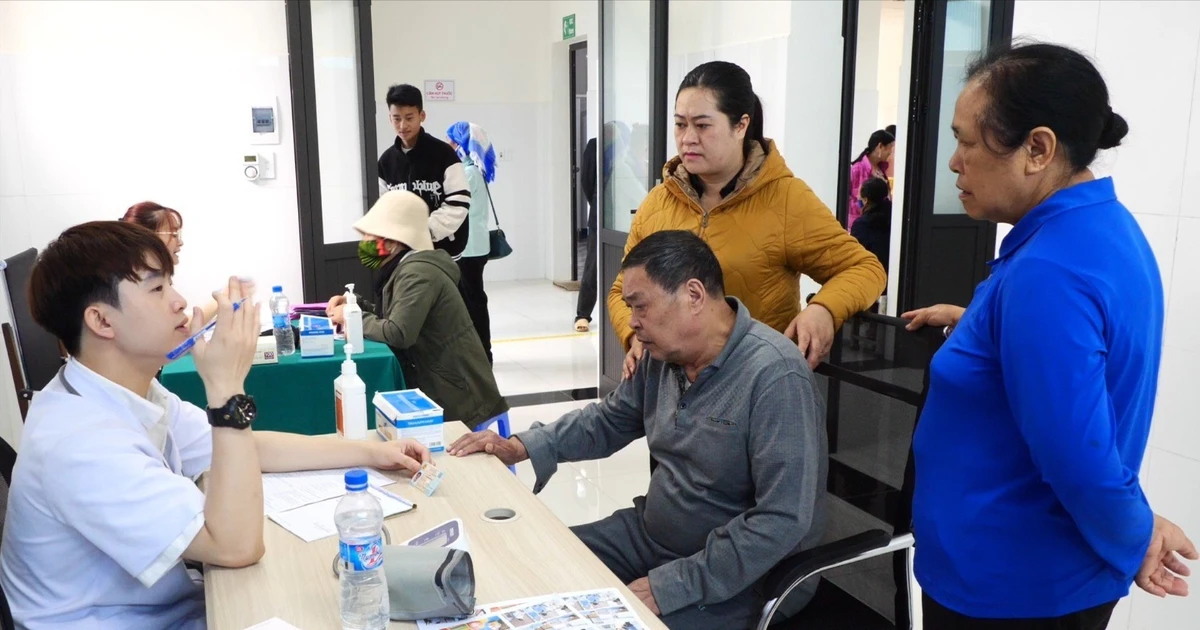






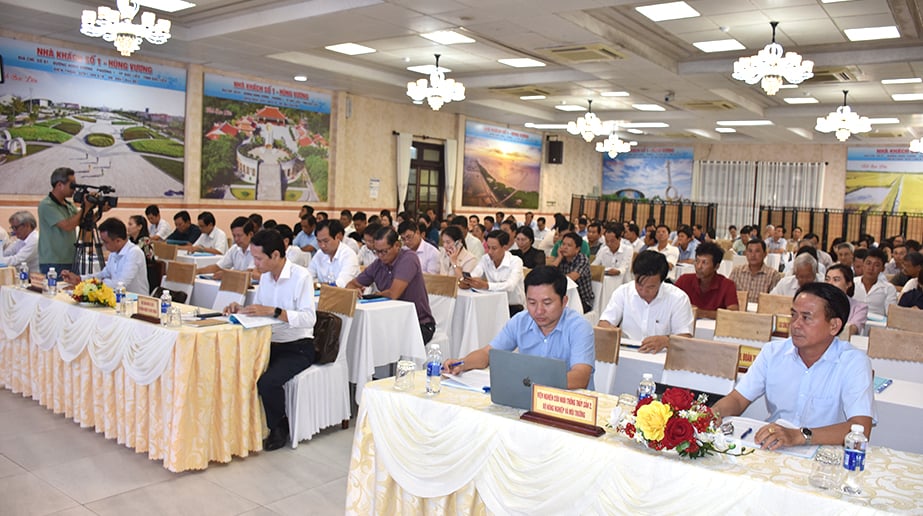
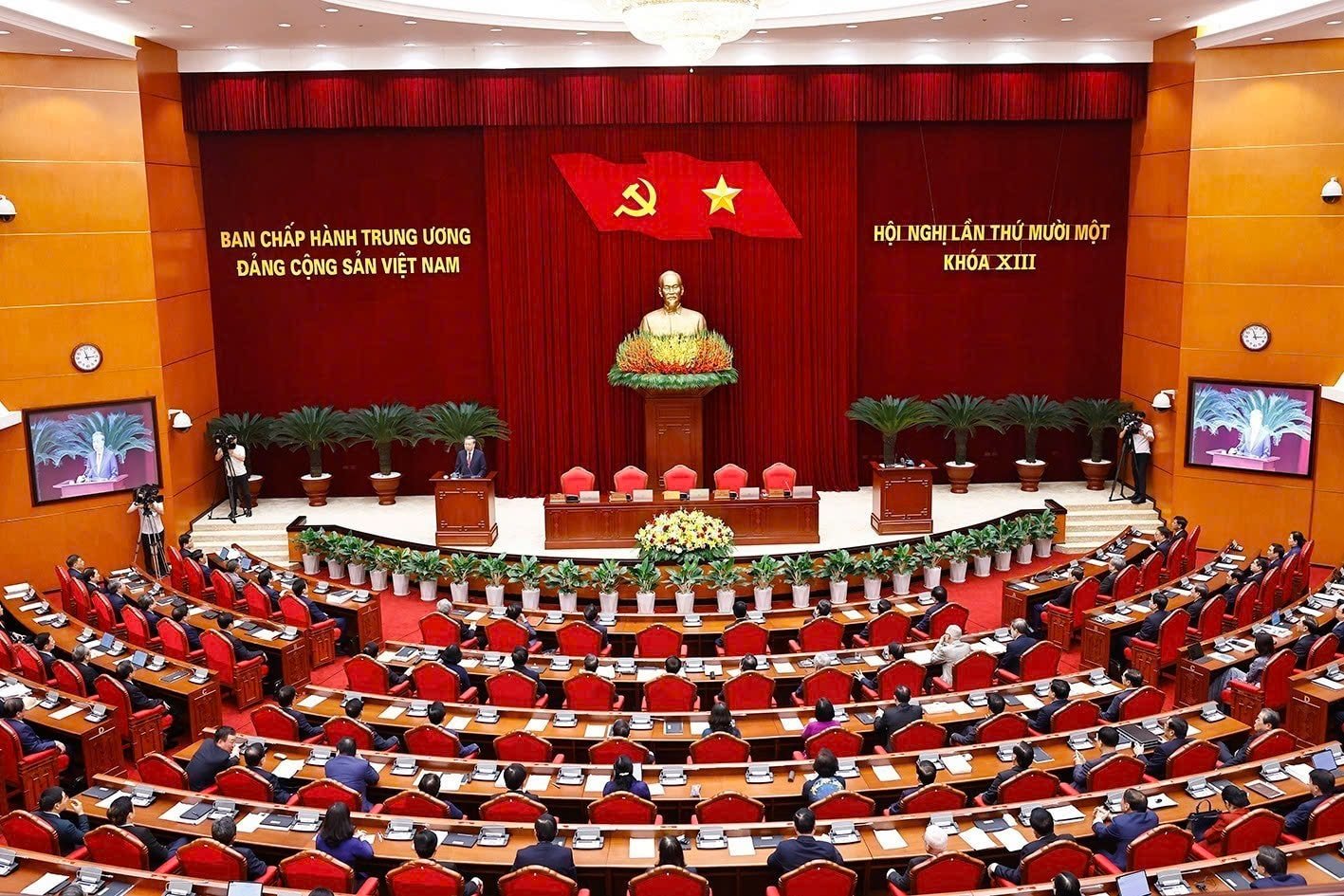
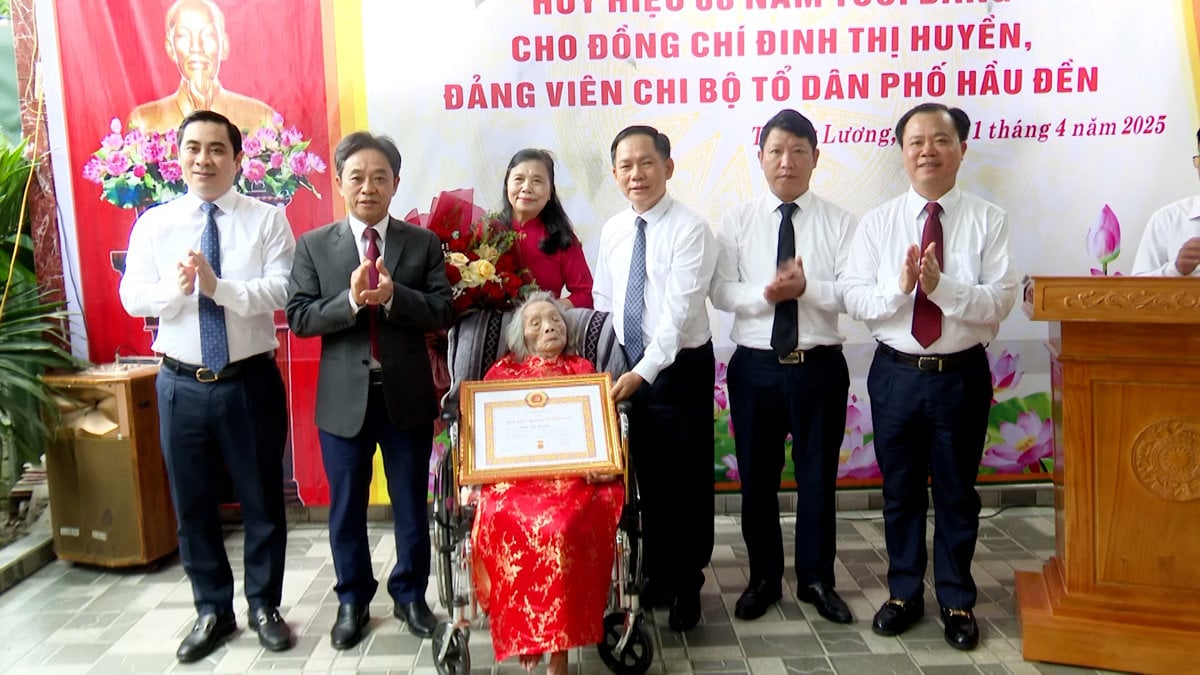

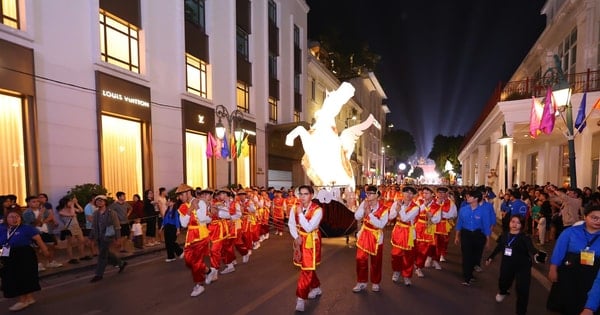













































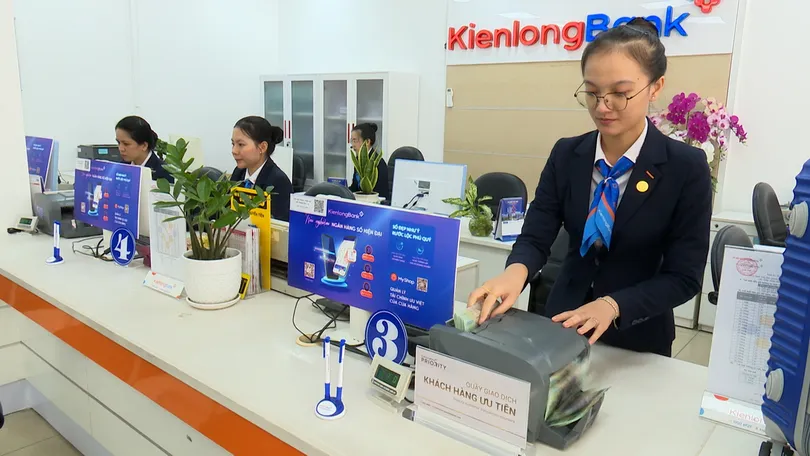














Comment (0)